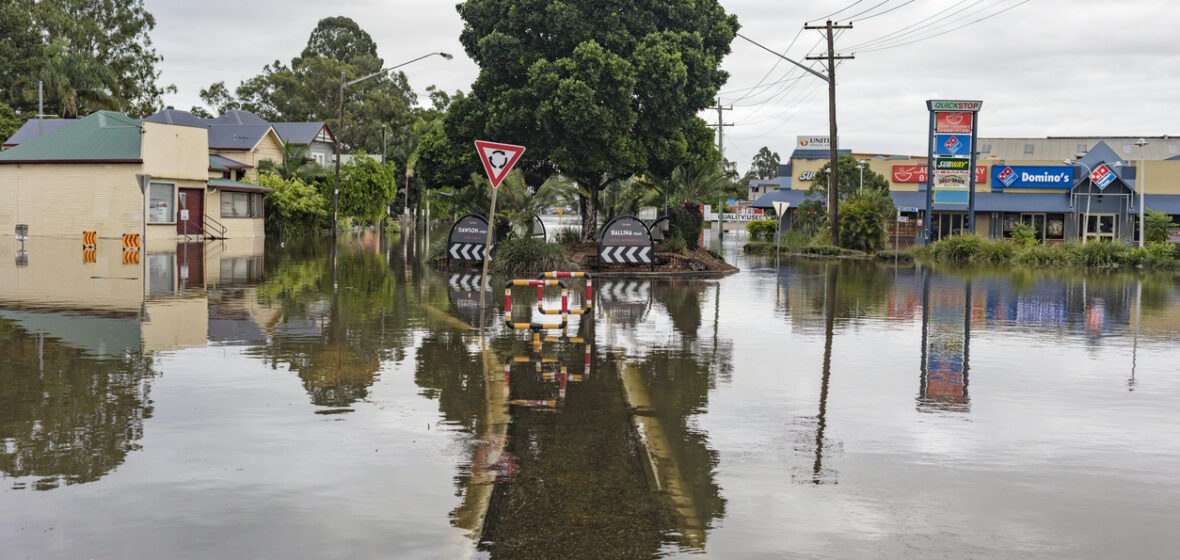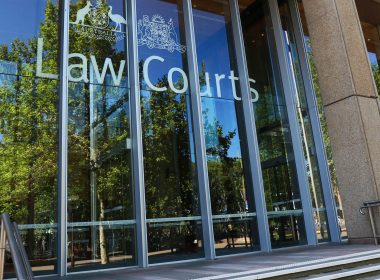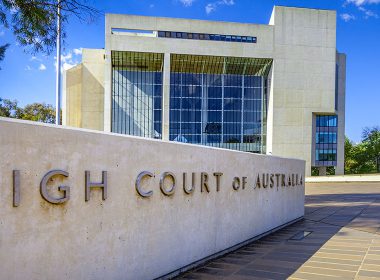The Minister for Planning and Public Spaces has written to the Law Society of NSW to respond to concerns raised over wide-ranging ministerial powers granted under legislation passed following the devastating flooding of 2022.
The Law Society’s Public Law Committee contributed to a letter to the Minister late last year calling for amendments to the NSW Reconstruction Authority Act 2022 “to provide clarity and safeguards to the Minister’s powers” and limit them “to those necessary for disaster prevention and relief”.
The Act created the new NSW Reconstruction Authority, intended to be closely modelled on the Queensland Reconstruction Authority, and designed to be more agile and responsive than its predecessor body, Resilience NSW.
Resilience NSW had come under fire in the government’s 2022 NSW Flood Inquiry for being too slow, with an inadequate on-the-ground response.
But Part 5 of the Act, which was passed less than two weeks after its introduction to Parliament, granted broad powers to the Minister in respect of the Authority.
The Law Society’s letter highlighted the most concerning aspects of the Act, pointing out the Minister has essentially a blanket power to ‘turn off’ any legislation or statutory instruments in relation to declared “disaster prevention” or “reconstruction” areas.
While presumably not intended for this purpose, this could mean all criminal legislation being rendered unenforceable in a particular area at a particular time.
Powers under the Act may be used in relation to “potential disasters,” to improve an affected community’s “resilience” or for “the betterment of the community”; vague terms that are left undefined in the legislation.

“The NSW Reconstruction Authority has a critical and complex role to play”, the letter said.
“However, we are concerned that aspects of Part 5 of the Act are drafted in a way that is unnecessarily and disproportionately broad, and yet may be ineffective to ‘expedite decision-making processes’” (a benefit of Part 5 that had been touted by then-Minister of Planning Anthony Roberts on introducing the Bill).
“As a rule of law matter, the powers of the Minister and the Authority should be subject to reasonable safeguards including clarity, transparency and proportionality”.
In a written response to the Law Society, the Minister for Planning and Public Spaces, Paul Scully, said a Joint Select Committee on the NSW Reconstruction Authority has been formed to determine whether the policy objectives of the Act remain valid.
The letter acknowledged the wide powers contained in the Act but said these were subject to reasonable constraints.
“While Part 5 of the RA Act contains broad powers…there are safeguards in the RA Act on the exercise of these powers. In addition to the explicit safeguards in the RA Act any exercise of power in Part 5 must comply with the rules of administrative law”.
The letter said the committee will request submissions sometime this year. The Law Society intends to again advocate for legislative amendments to make the Act more consistent with the specific need for the powers, and subject to reasonable safeguards.

The 2024 Annual Conference, Day One: The Curious Lawyer
Presented by the Law Society Journal
The team behind the award-winning Law Society Journal are delighted to present a day of thought-provoking keynotes, dynamic panel discussions, and insightful masterclasses.
Showcasing some of the brightest and boldest voices in the legal profession we ask, explore, and debate the biggest questions facing curious lawyers today.
Tickets are selling fast – secure your place today.




